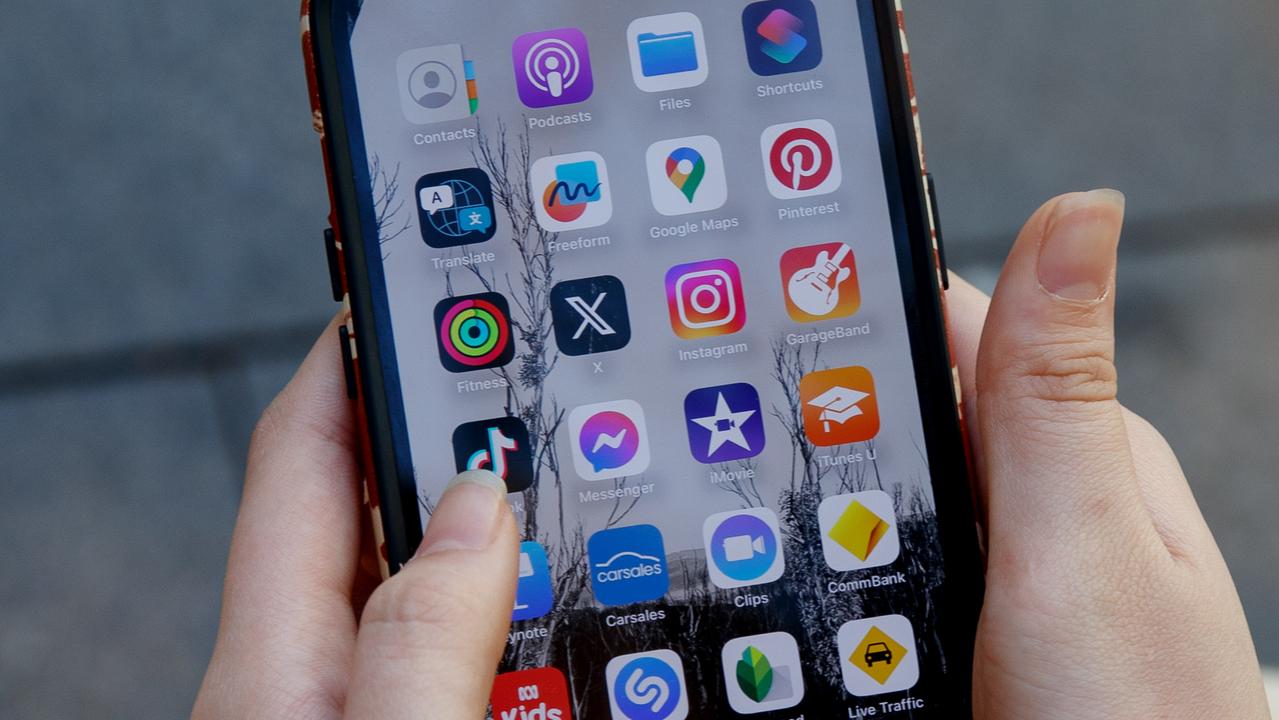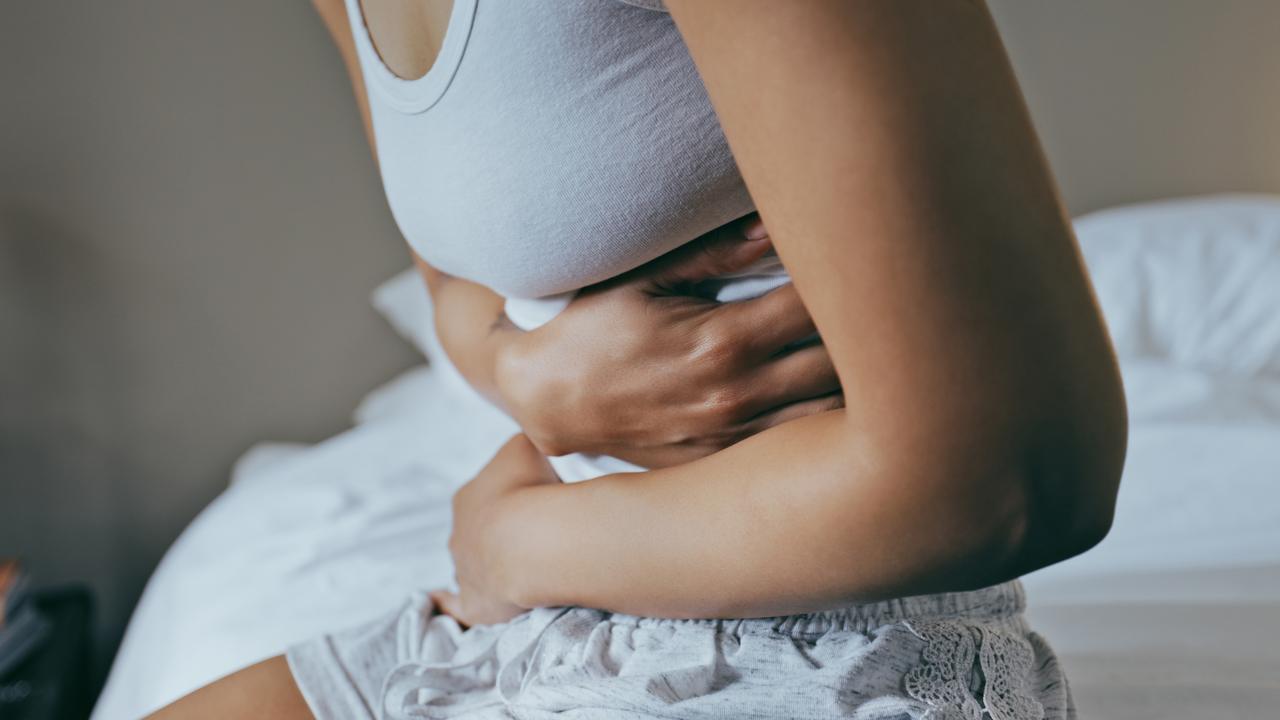Expert’s warning as Aussies cop bad reactions to mozzies
An Aussie insect expert has shed light on why there’s suddenly a huge uptick in the number of people suffering with bites in summer.
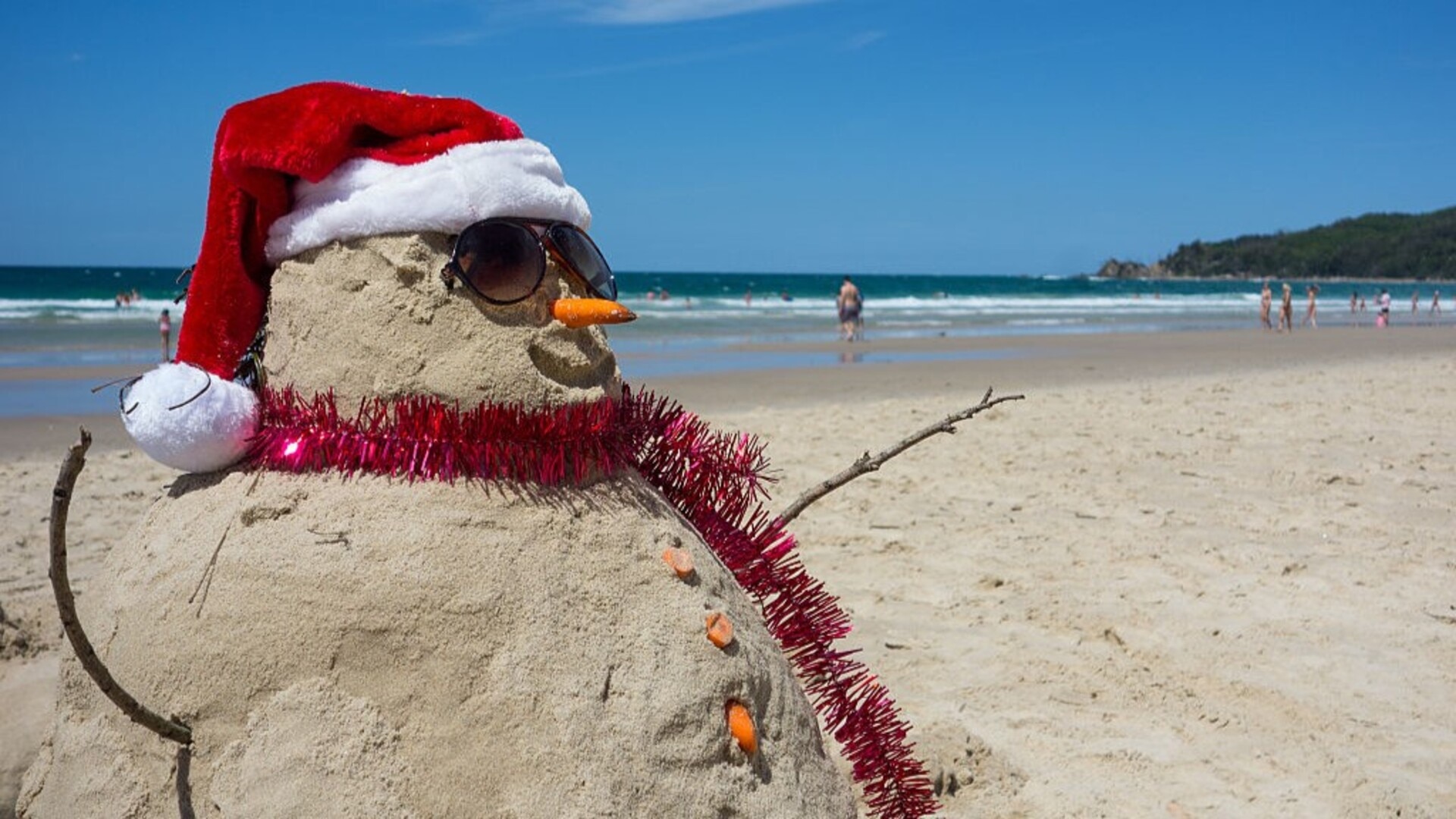
Health
Don't miss out on the headlines from Health. Followed categories will be added to My News.
Doctors are reporting a spike in patients with large welts believed to have been caused by spider bites.
However, the monster reaction is in fact being caused by a common mosquito bite, as negative reactions increase as the weather warms up and the pests become more active.
According to a mosquito expert, there are specific reasons for this uptick and ways to help avoid those pesky bites during the summer.
“Mosquito numbers particularly surge after rain, as it creates pools and puddles in bushland, wetlands, and even in water-holding containers in our backyards,” explained Associate Professor Cameron Webb from NSW Health Pathology and The University of Sydney.
Prof Webb, known as @mozziebites online, notes that with the arrival of warm weather, Australians tend to spend more time outdoors, which increases the chances of being bitten by mosquitoes.
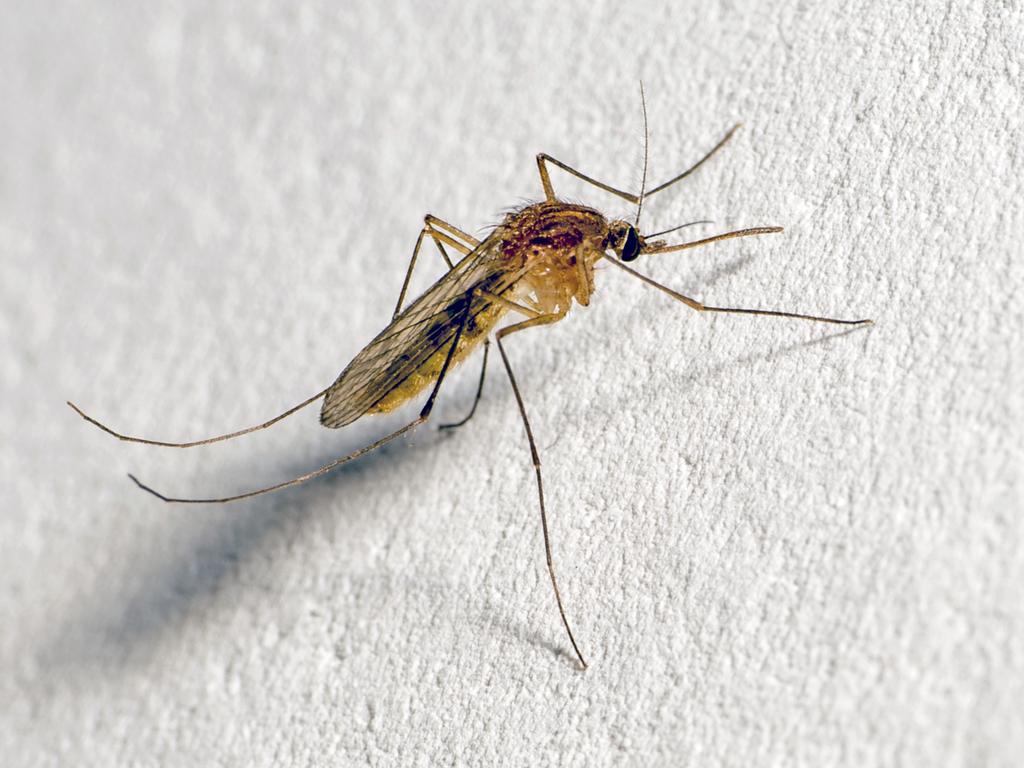
“When a mosquito bites us, they not only draw blood but also spit into us,” he explained.
Reports shared with news.com.au indicate that doctors are seeing more patients come in with large welts, mistakenly believing they’ve been bitten by spiders, when in fact, they are mosquito bites.
“We all react differently to the mosquito spit,” Prof Webb said. “That’s why some people have much worse reactions than others. Over time, we can develop some immunity or tolerance to mosquito bites.
“This is why young children and newly arrived visitors to Australia may experience more severe reactions.”
Unfortunately, with a long, hot summer approaching, Australians should expect mosquitoes to hang around well beyond the Easter holidays.
“Mosquito numbers quickly drop off as soon as night-time temperatures start getting cold, but certain types of mosquitoes never really disappear in winter either,” he added.
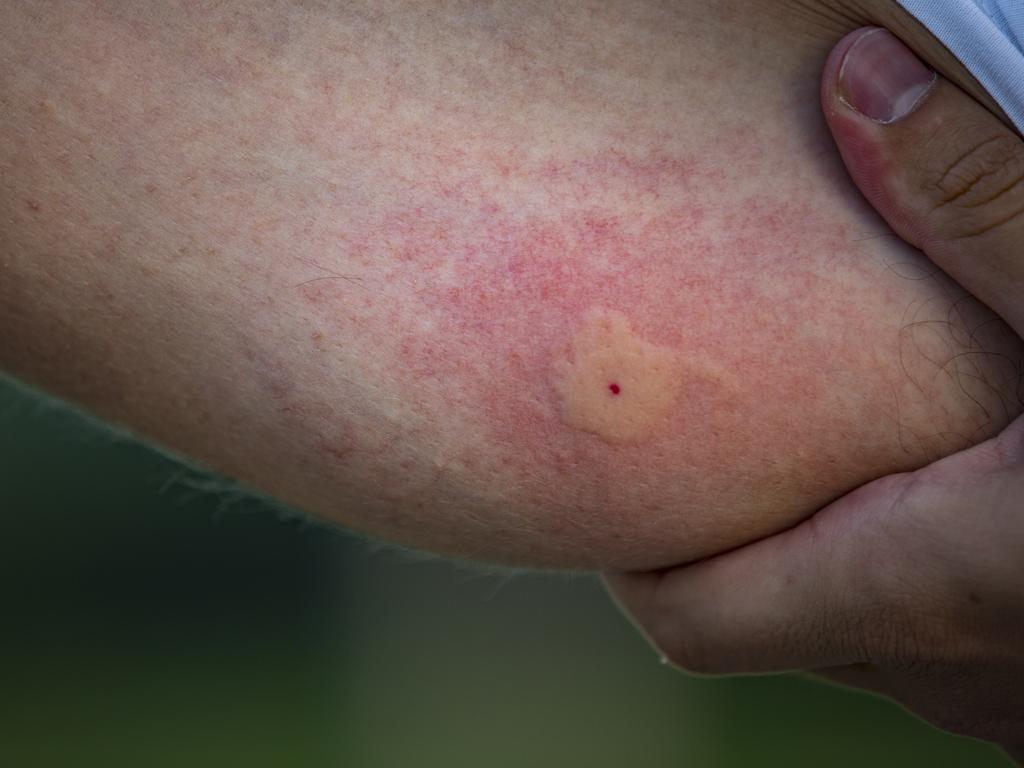
Mosquitoes are more than just a nuisance – they can spread viruses that may cause serious illnesses, such as the Ross River virus.
“Each year, there are usually more than 5000 cases of infections across the country,” said Prof Webb.
“There are also very rare instances of potentially fatal diseases caused by the Japanese encephalitis and Murray Valley encephalitis viruses.
“We’re lucky to be generally free of the most serious mosquito-borne diseases, such as malaria and dengue, that have earned the mosquito the title of ‘most dangerous animal on the planet’ as around one million people are thought to die due to these diseases every year.”

If you find yourself particularly attractive to mosquitoes, there are several strategies to help minimise bites, according to Prof Webb.
When spending time outdoors at dusk and dawn – when mosquitoes are most active – wear light-coloured, loose-fitting long-sleeved shirts, long pants, and closed shoes.
For any exposed skin, apply an insect repellent that contains DEET, picaridin, or oil of lemon eucalyptus. These ingredients offer safe and effective protection against mosquito bites.
To maximise the effectiveness of mosquito repellent, apply it evenly and generously as a thin layer over all exposed areas of skin. Just dabbing it on here and there, or spraying it on clothing, hats, or picnic blankets won’t provide sufficient protection.
You can also make your home and backyard less inviting to mosquitoes by reducing sources of standing water.
Regularly empty, dispose of, or cover any items in your backyard that can collect water, and ensure your roof gutters and drains are clean and functioning properly.
“Make sure your rainwater tank is properly screened,” Prof Webb told news.com.au.
“Installing insect screens on windows can also help keep mosquitoes from entering your home, allowing you to sleep undisturbed by their buzzing!”
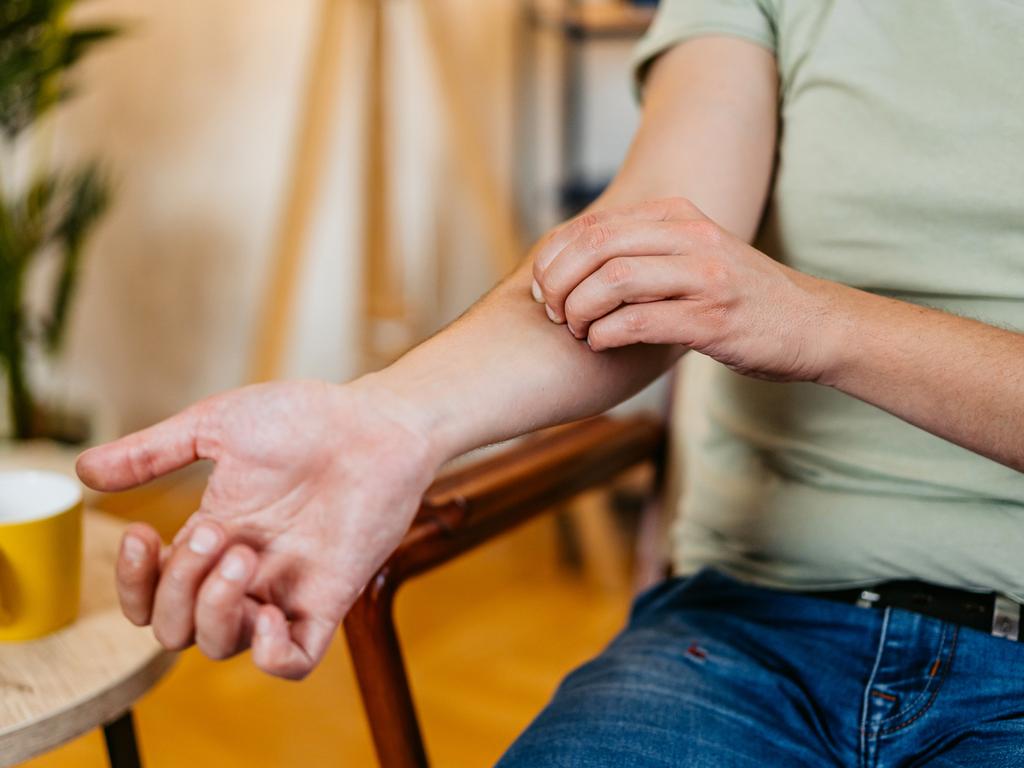
If you do get bitten, NSW Health recommends washing the bite area with soap and water or applying ice packs to reduce pain and swelling.
Antihistamine creams can help relieve itching and prevent scratching, which is crucial as scratching can break the skin and lead to infection.
Symptoms of an infected bite may include swelling, pain, redness, and inflammation. If you suspect a bite is infected, visit your local pharmacist.
If you develop a rash or flu-like symptoms such as fever, chills, headaches, joint or muscle pain (including swelling or stiffness), fatigue, or generally feel unwell after a mosquito bite, see a doctor immediately or go to the nearest emergency department.
Originally published as Expert’s warning as Aussies cop bad reactions to mozzies




